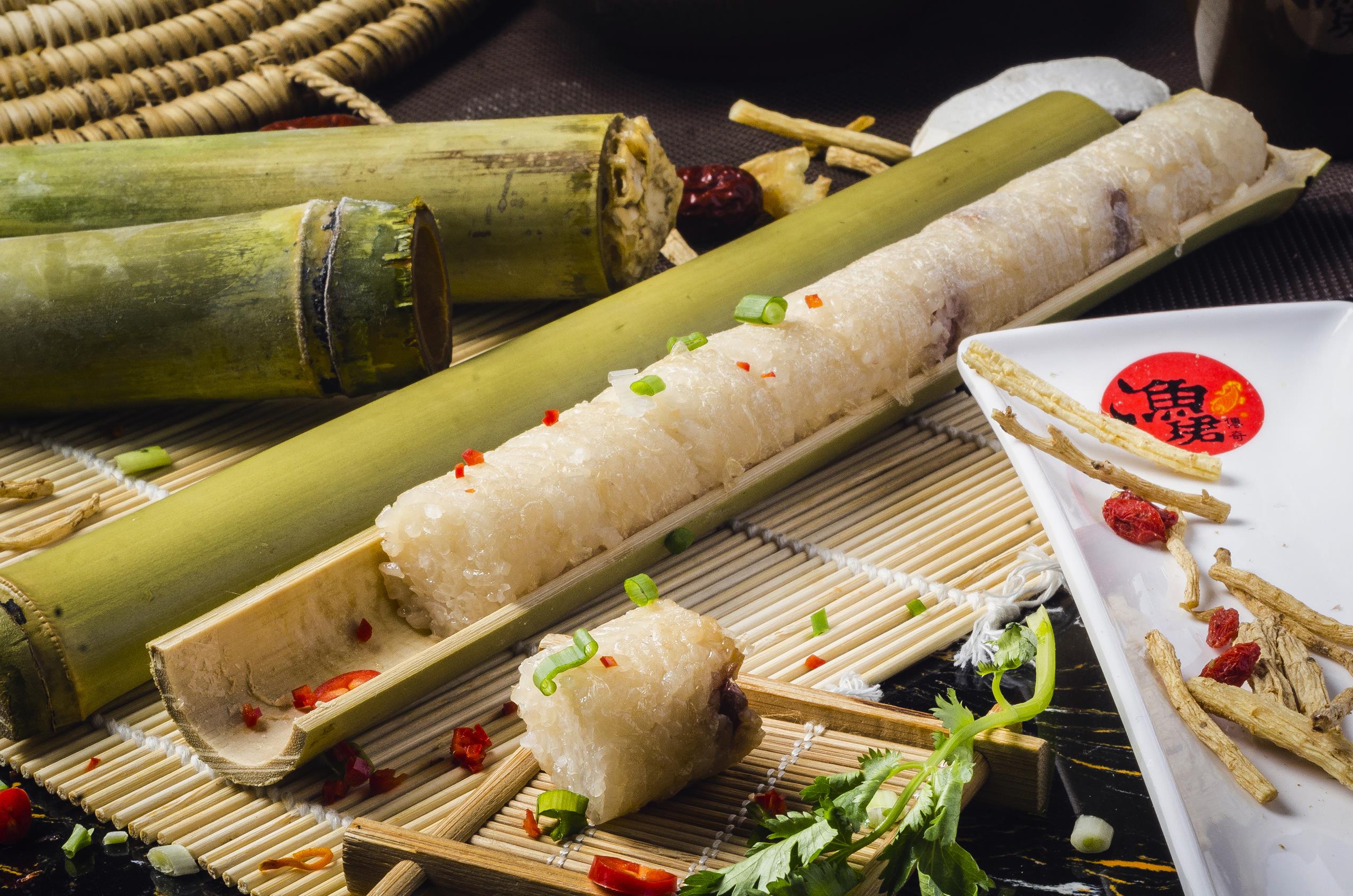Bamboo rice, an intriguing and lesser-known variety of rice, is gaining popularity for its unique taste, nutritional benefits, and sustainable cultivation practices. Unlike traditional rice, bamboo rice is harvested from the seeds of flowering bamboo plants, making it a rare and seasonal delicacy. This article delves into the origins, nutritional profile, health benefits, and culinary uses of bamboo rice, highlighting why it deserves a place in your diet.
Origins and Cultivation
Bamboo rice is derived from the seeds of bamboo plants, particularly from the species Bambusa arundinacea. The process of harvesting bamboo rice is labor-intensive and occurs infrequently, as bamboo plants flower only once in their lifetime, typically after 40 to 60 years. When the bamboo flowers, it produces seeds that resemble rice grains, which are then collected by local communities.
The cultivation of bamboo rice is sustainable and environmentally friendly. Bamboo forests are known for their rapid growth and ability to regenerate quickly, making them a renewable resource. Additionally, bamboo plants play a vital role in maintaining soil health and preventing erosion, contributing to ecological balance.
Nutritional Profile
Bamboo rice boasts an impressive nutritional profile that makes it a valuable addition to a balanced diet.
- Proteins: Bamboo rice contains a higher protein content compared to regular white rice, making it a good source of plant-based protein for vegetarians and vegans.
- Vitamins: It is a good source of B vitamins, particularly B6, which is essential for brain health, energy production, and immune function.
- Minerals: Bamboo rice is packed with essential minerals such as iron, calcium, and phosphorus, which are vital for maintaining healthy bones, teeth, and overall body function.
- Fiber: The high fiber content in bamboo rice aids in digestion, promotes a healthy gut, and helps regulate blood sugar levels.
- Antioxidants: Bamboo rice is rich in antioxidants that help protect the body from oxidative stress and reduce the risk of chronic diseases.
Health Benefits
Incorporating bamboo rice into your diet can offer several health benefits:
- Enhanced Immunity: The vitamins and antioxidants in bamboo rice boost the immune system, helping the body fend off infections and illnesses.
- Improved Digestion: The high fiber content supports digestive health, preventing constipation and promoting regular bowel movements.
- Bone Health: The calcium and phosphorus in bamboo rice contribute to strong bones and teeth, reducing the risk of osteoporosis and other bone-related disorders.
- Weight Management: Bamboo rice’s high fiber and protein content can help control appetite and promote satiety, making it beneficial for weight management.
- Energy Boost: The B vitamins in bamboo rice play a crucial role in energy metabolism, helping to maintain energy levels throughout the day.
Culinary Uses
Bamboo rice has a slightly nutty flavor and a chewy texture, making it a versatile ingredient in various culinary applications. It can be used in place of regular rice in most recipes, adding a unique taste and nutritional boost. Here are some popular ways to incorporate bamboo rice into your meals:
- Stir-Fries: Use bamboo rice as a base for vegetable or meat stir-fries, enhancing the dish with its unique texture and flavor.
- Salads: Add cooked bamboo rice to salads for an extra layer of flavor and a nutritional punch.
- Porridge: Prepare a hearty breakfast porridge by cooking bamboo rice with milk or a plant-based alternative, sweetened with honey or fruit.
- Pilafs: Create flavorful pilafs by cooking bamboo rice with spices, herbs, and vegetables for a wholesome and satisfying meal.
- Desserts: Bamboo rice can be used in traditional rice-based desserts like rice pudding, offering a twist on classic recipes.
Conclusion
Bamboo rice is a nutritious and sustainable superfood that offers a range of health benefits and culinary possibilities. Its unique taste, coupled with its impressive nutritional profile, makes it a valuable addition to any diet. By incorporating bamboo rice into your meals, you not only enjoy its health benefits but also support sustainable and eco-friendly agricultural practices. Whether you are a health-conscious individual or a culinary enthusiast, bamboo rice is a worthy ingredient to explore and savor.
